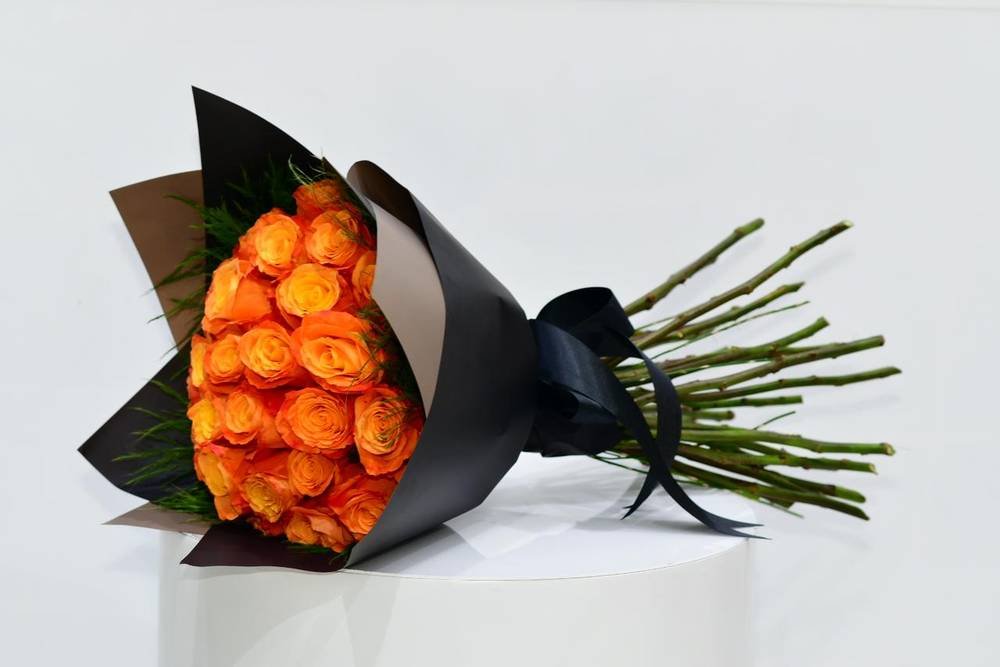Love Contaminated by “Insecticide” – Lethal Flower Bouquets in France
A recent study published on Friday by a consumer rights magazine has uncovered extensive
“contamination” of flower bouquets in France with “insecticides, some of which are banned in Europe.”
According to the magazine “Que Choisir” issued by the French consumer association UFC, this
contamination “poses a risk” not only to buyers but especially to those working in the flower sales
industry, calling for “immediate measures to protect public health and the environment.”
The statement from the magazine detailed that laboratory analyses were conducted on 15 different types
of flower bouquets (roses, gerberas, and carnations), purchased in early January from specialized shops,
supermarkets, and online. The findings indicated that “all flowers were contaminated,” with “traces of
up to 46 different types of insecticides in each bouquet.”
The statement further explained that these insecticides “contain substances known to be carcinogenic
and endocrine disruptors, directly threatening the health of those who handle them daily.”
“Que Choisir” noted that “there are currently no regulations limiting pesticide residues in cut flowers, of
which 80% are imported from countries still allowing the use of highly toxic substances.”
The magazine highlighted that the effects on consumers are not yet fully known but are under ongoing
evaluation. In early December, the French National Agency for Food, Environment, and Occupational
Health & Safety was tasked with assessing the risks of pesticide exposure to workers in the ornamental
plant sector (including cut flowers and potted plants) and their children.
This action follows the death of a young girl from leukemia linked to her mother’s exposure, a florist, to these substances during pregnancy.
Henri Bastos, the scientific director for health and work at the agency, told AFP that approximately 85%
of cut flowers sold in France are currently imported, primarily through the Netherlands, with “a large
portion grown outside Europe,” often treated with “insecticides not authorized within the European
Union.”




